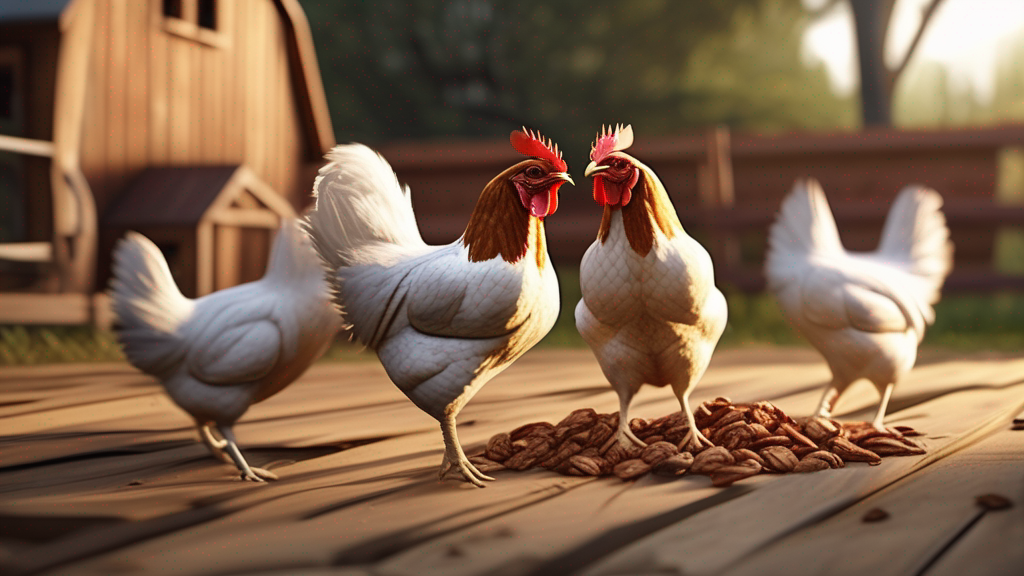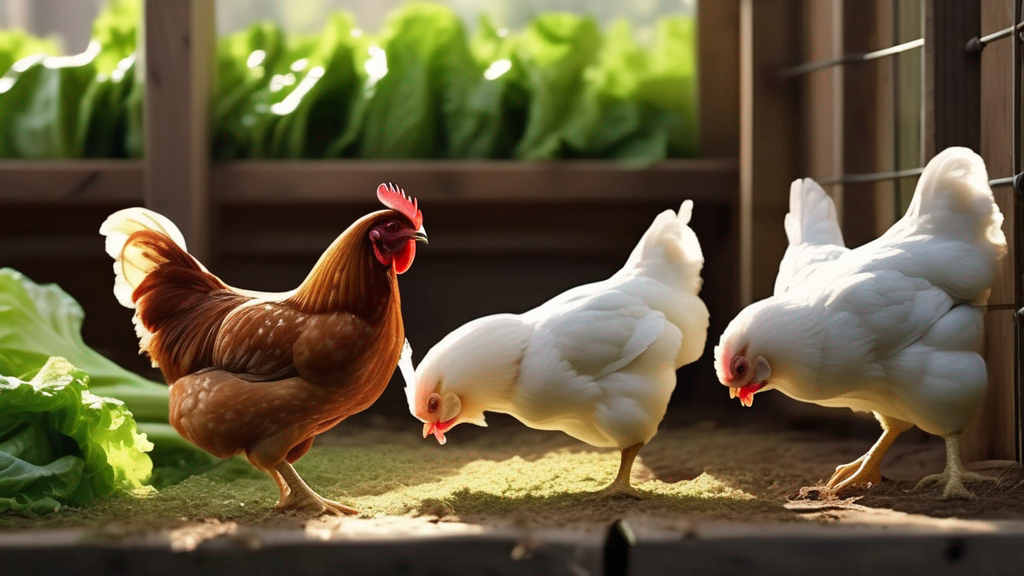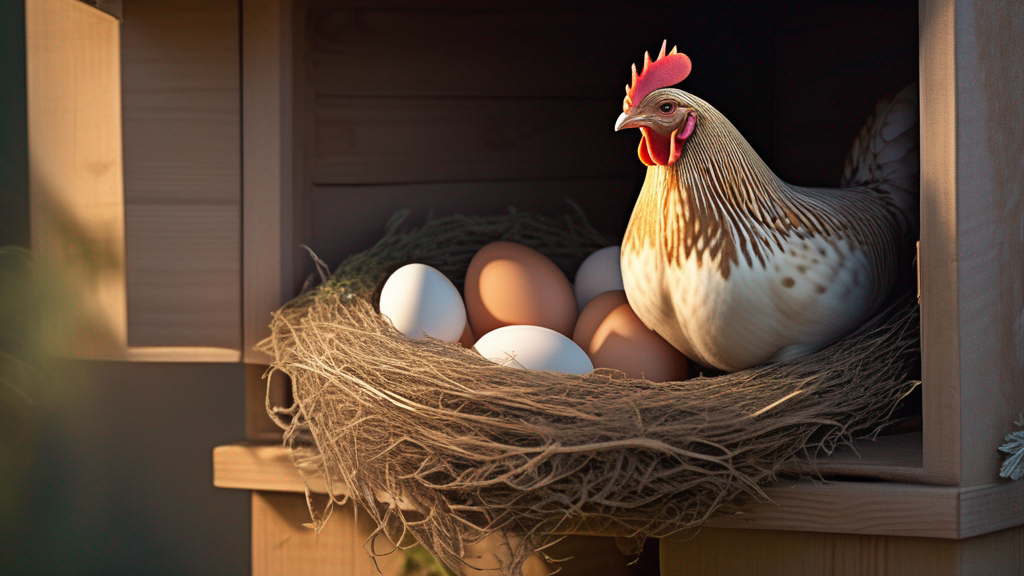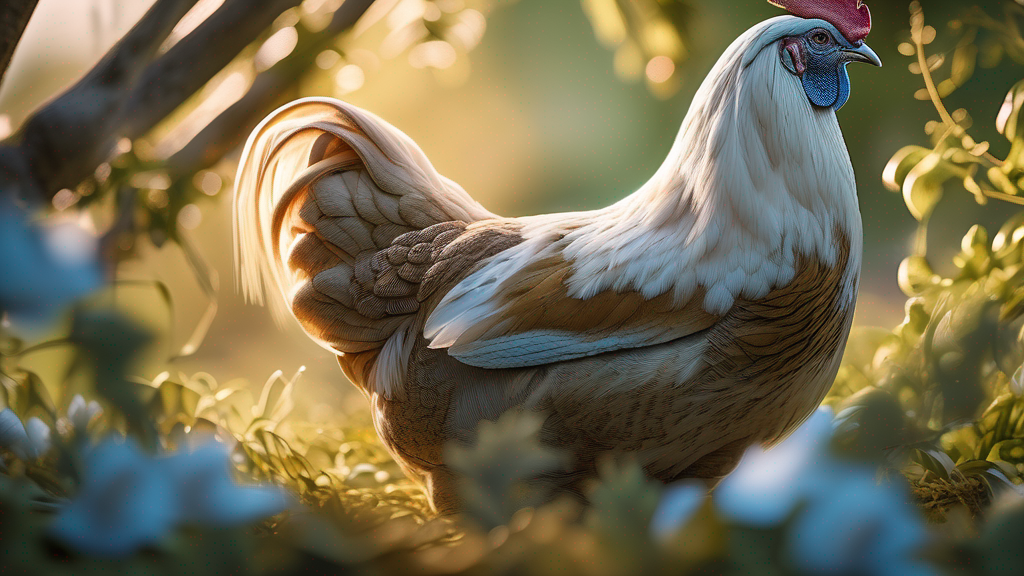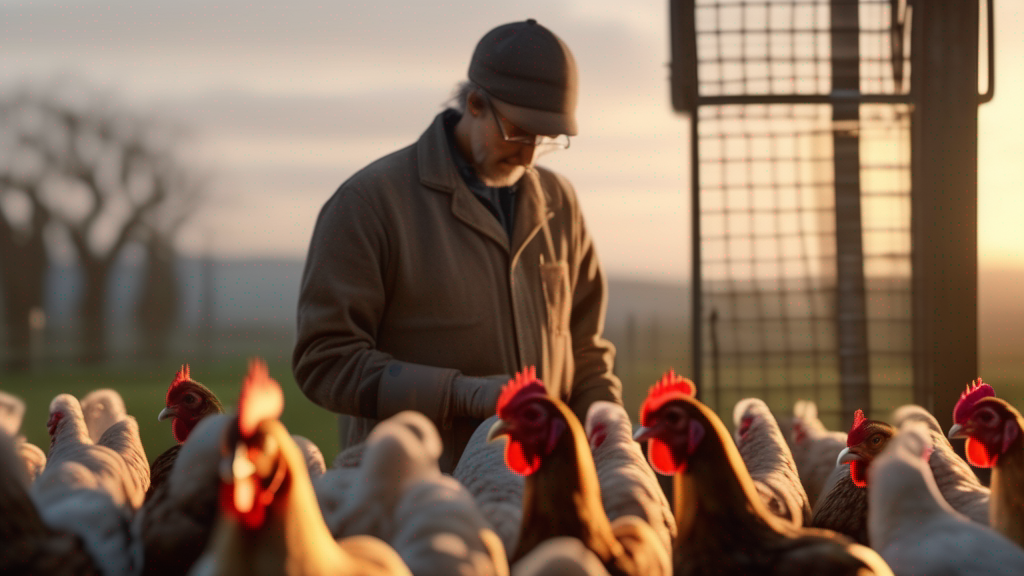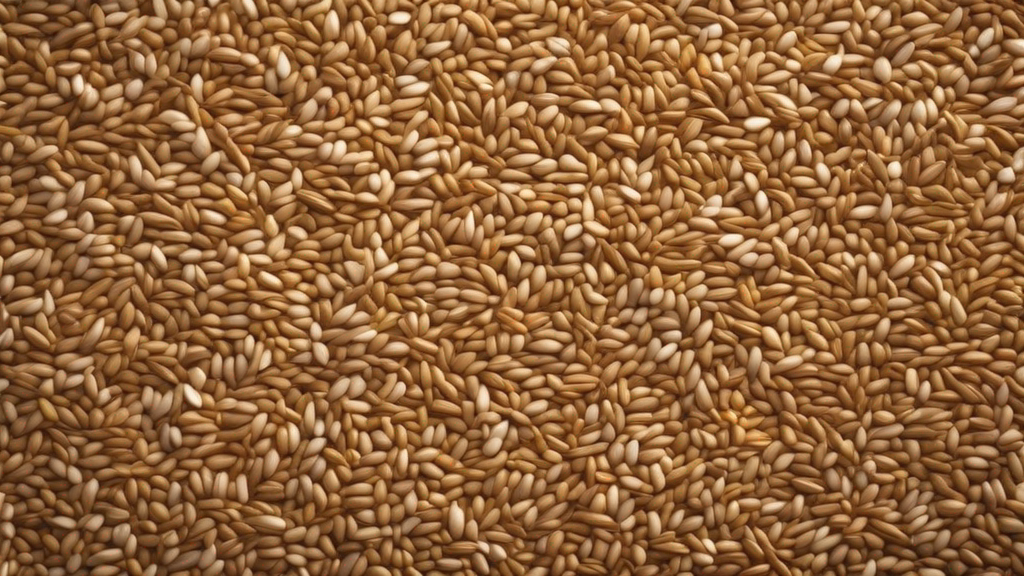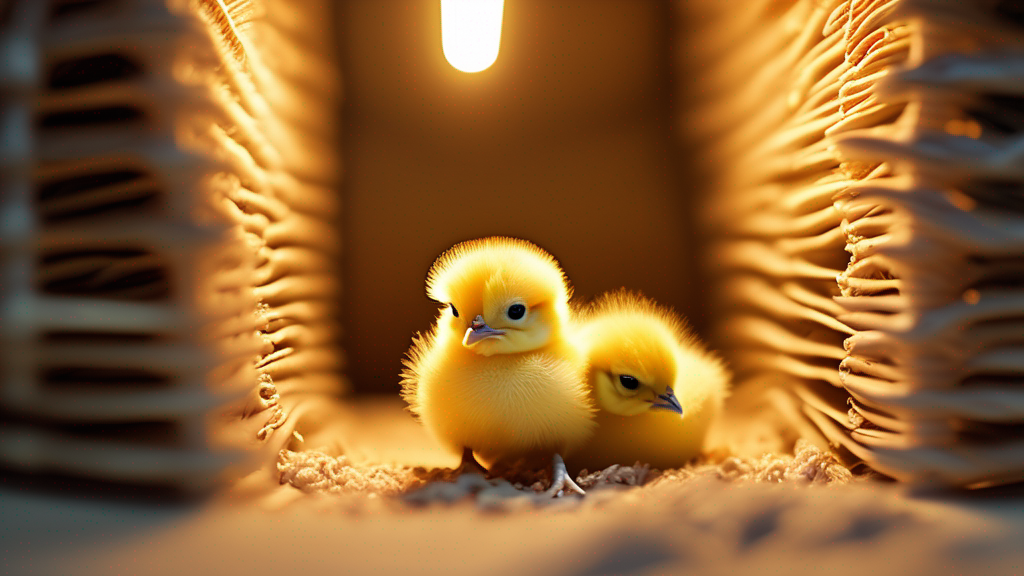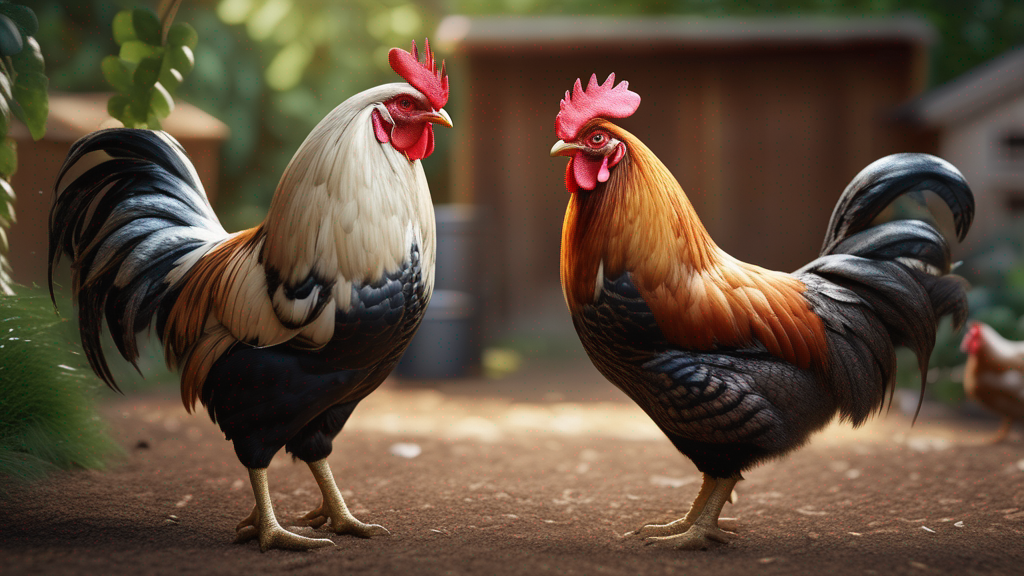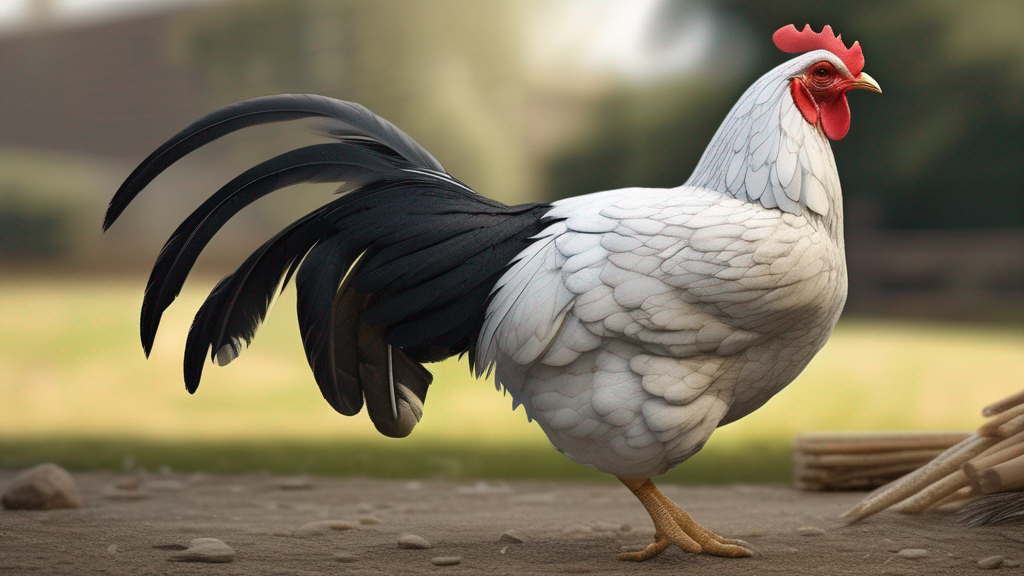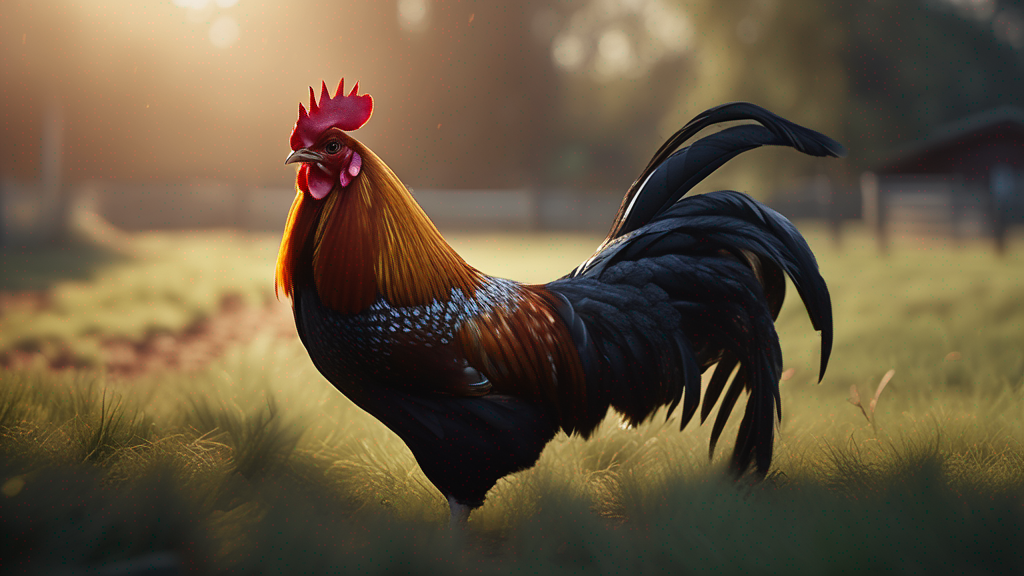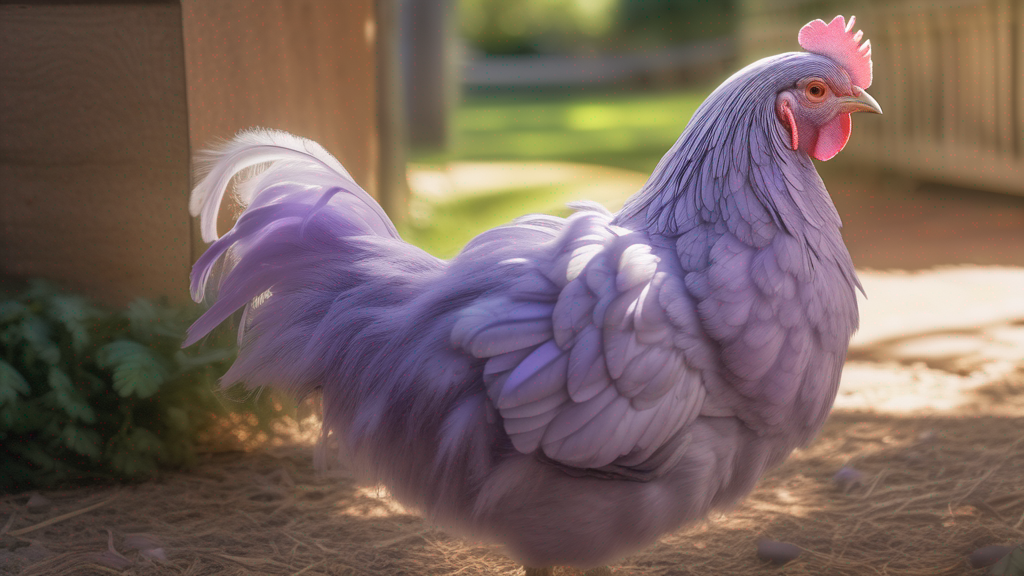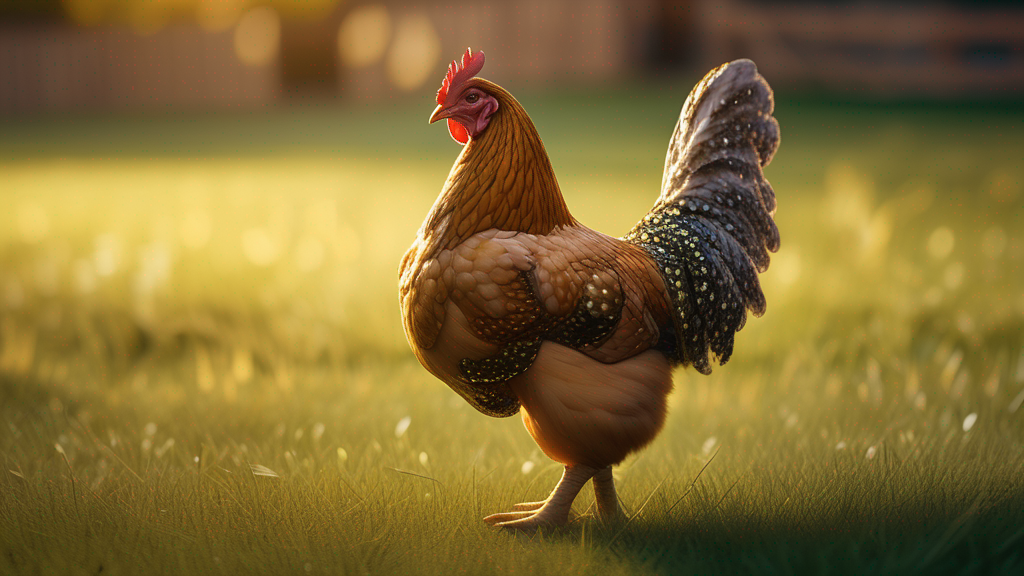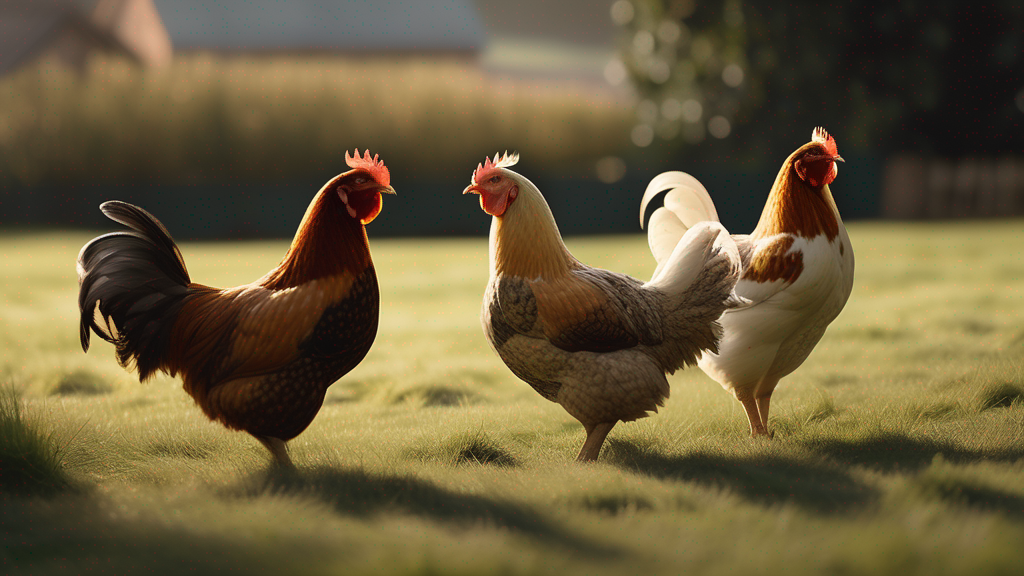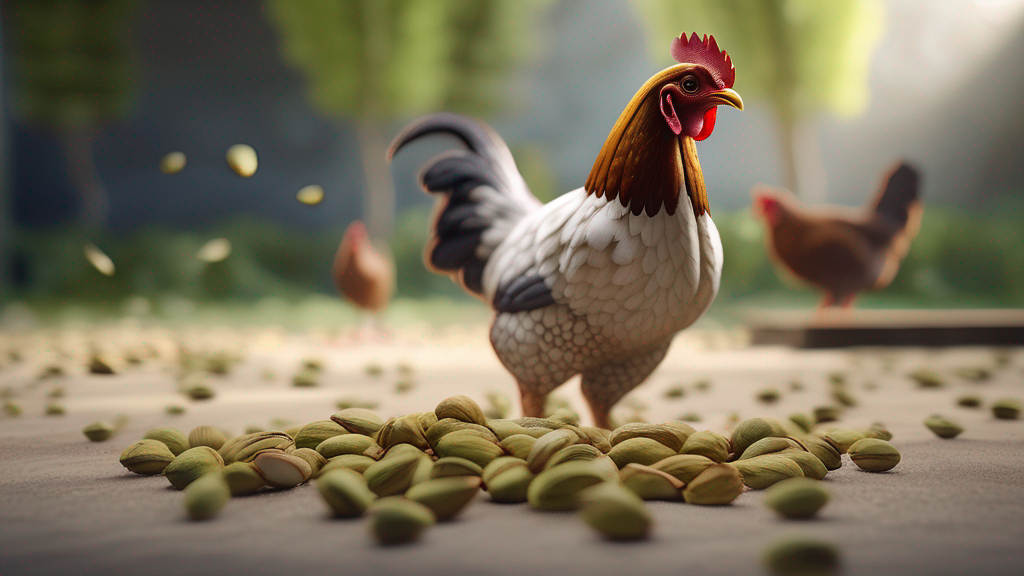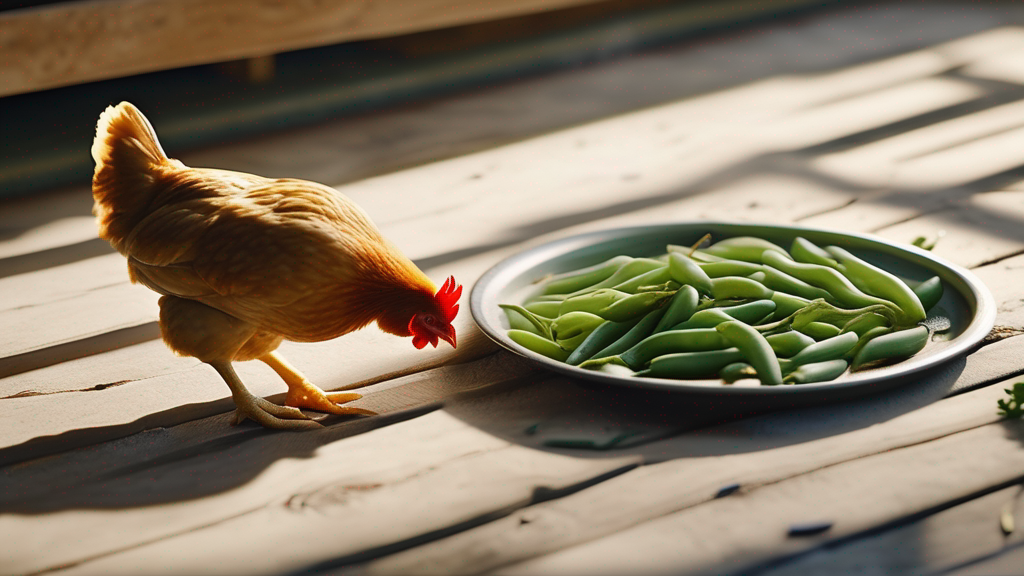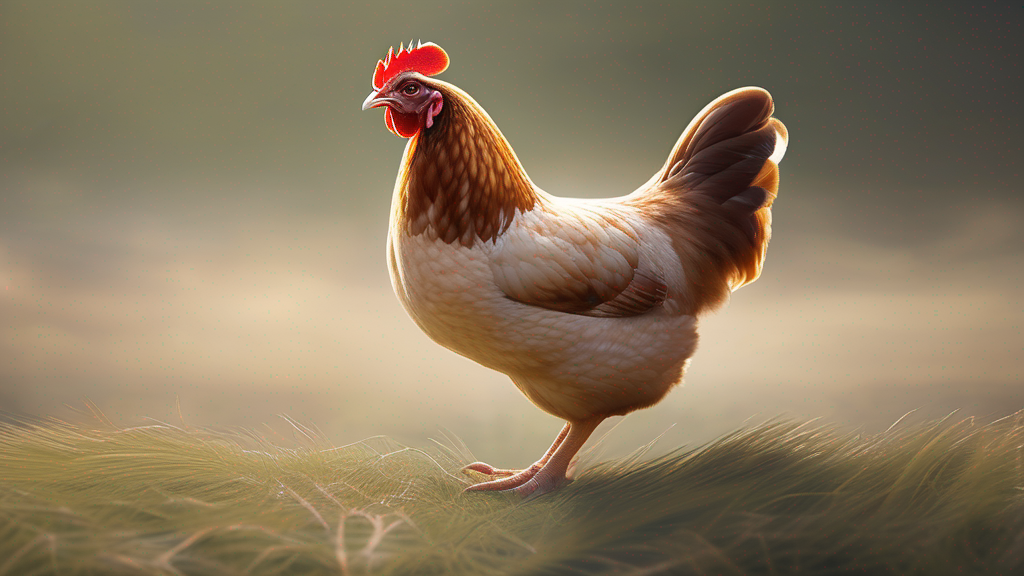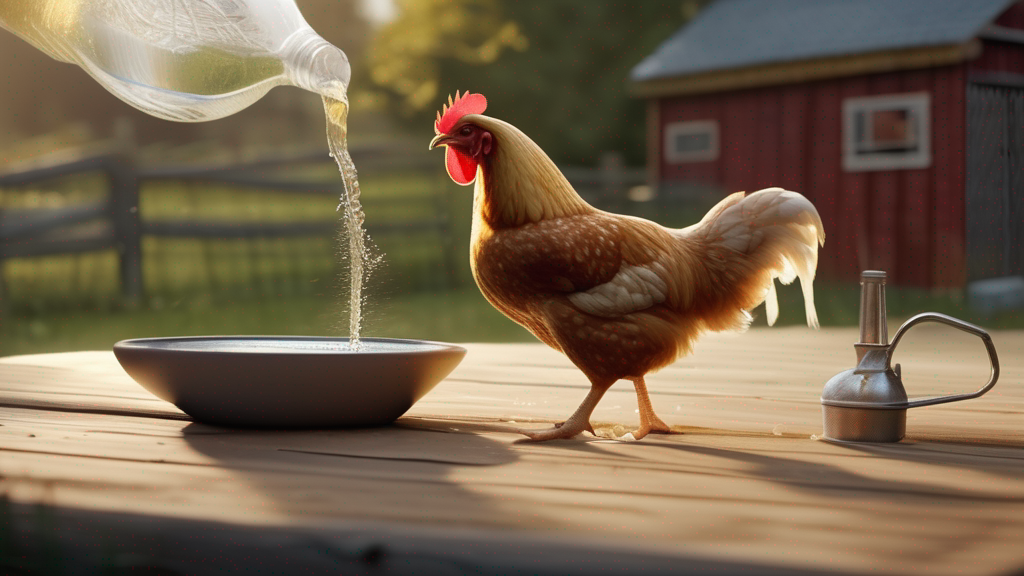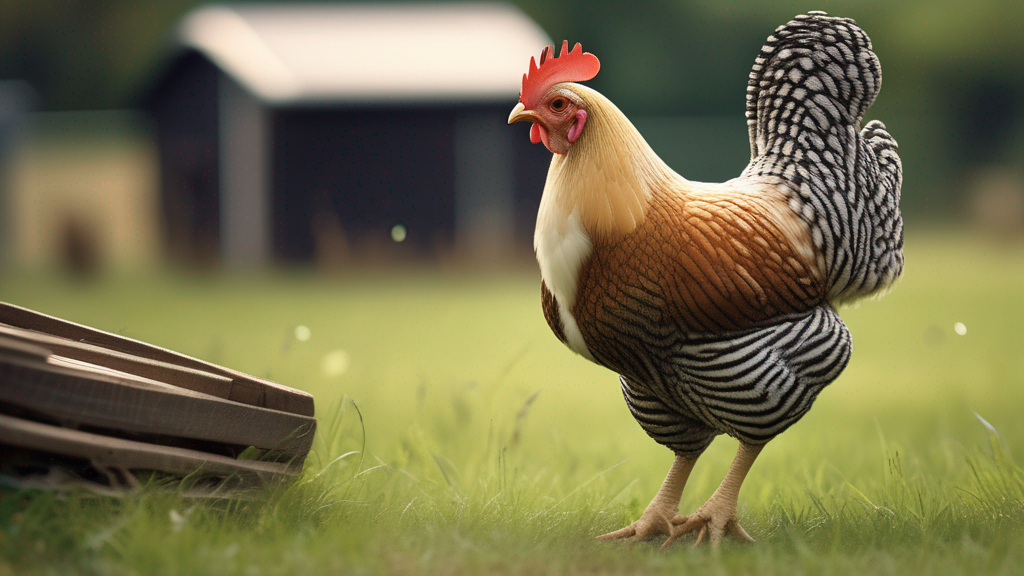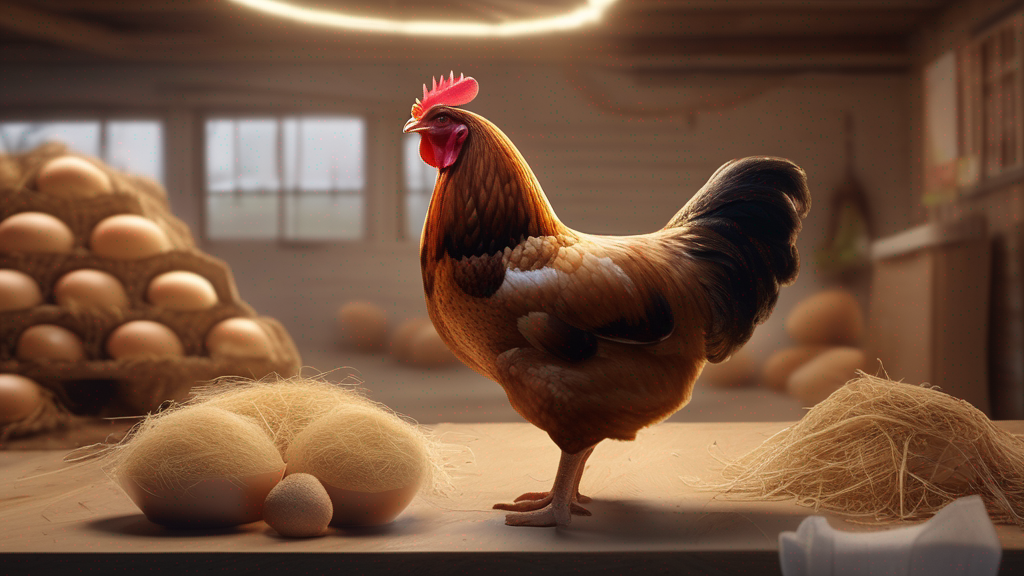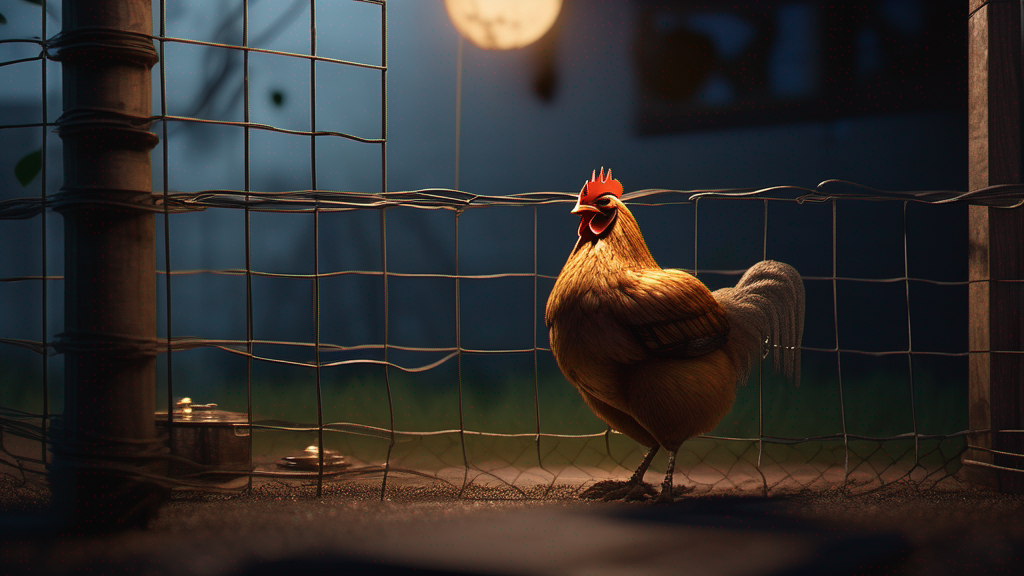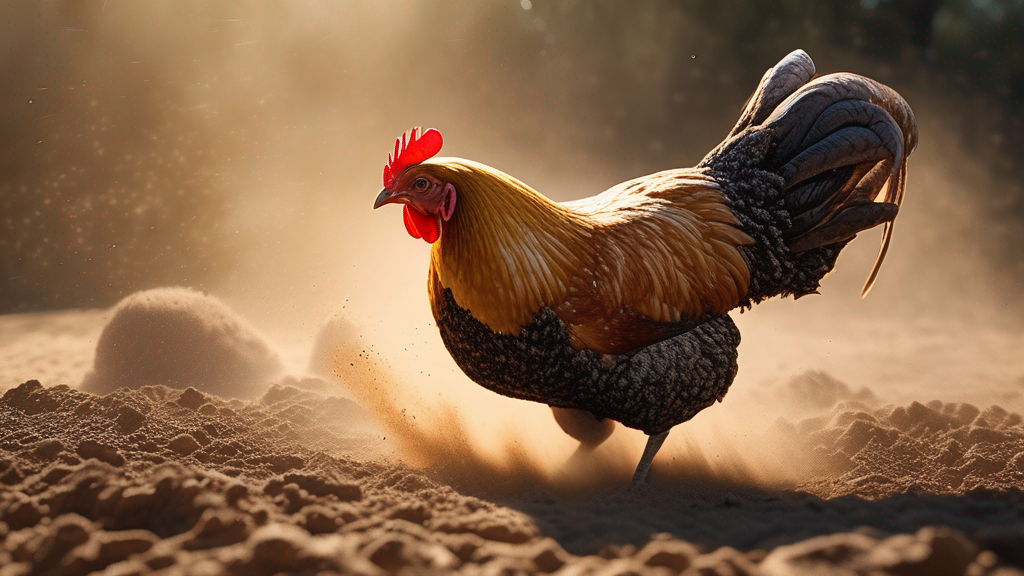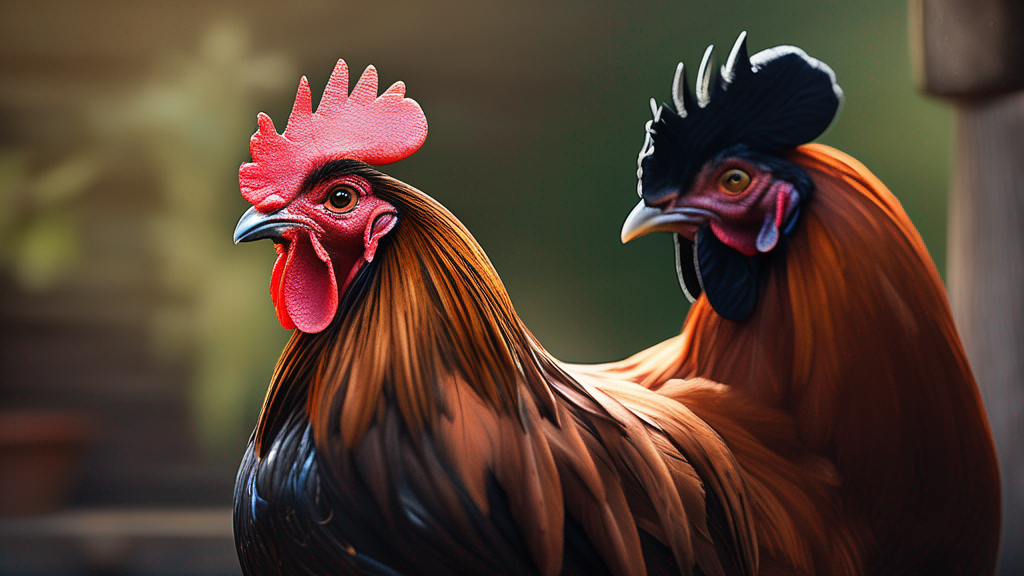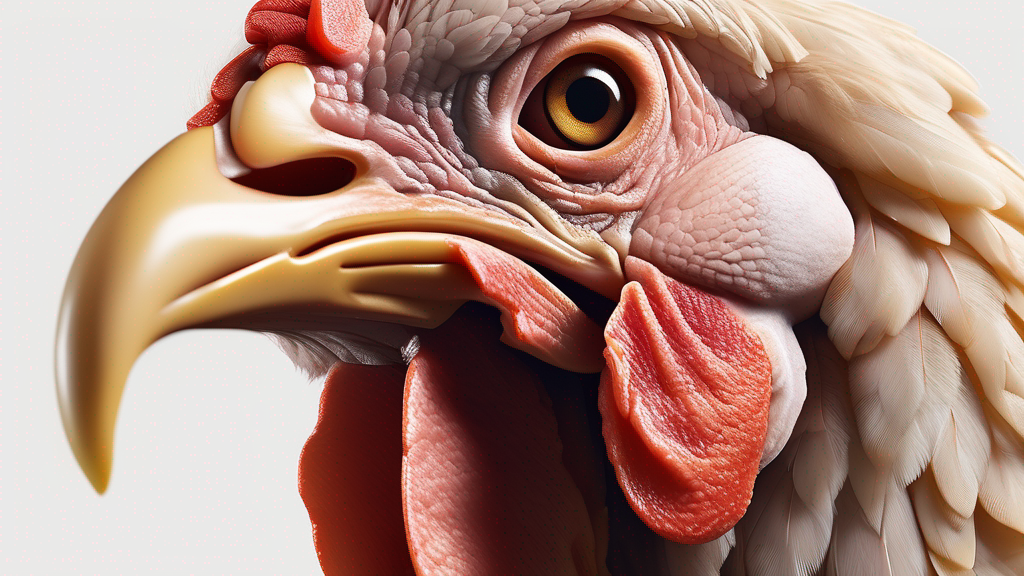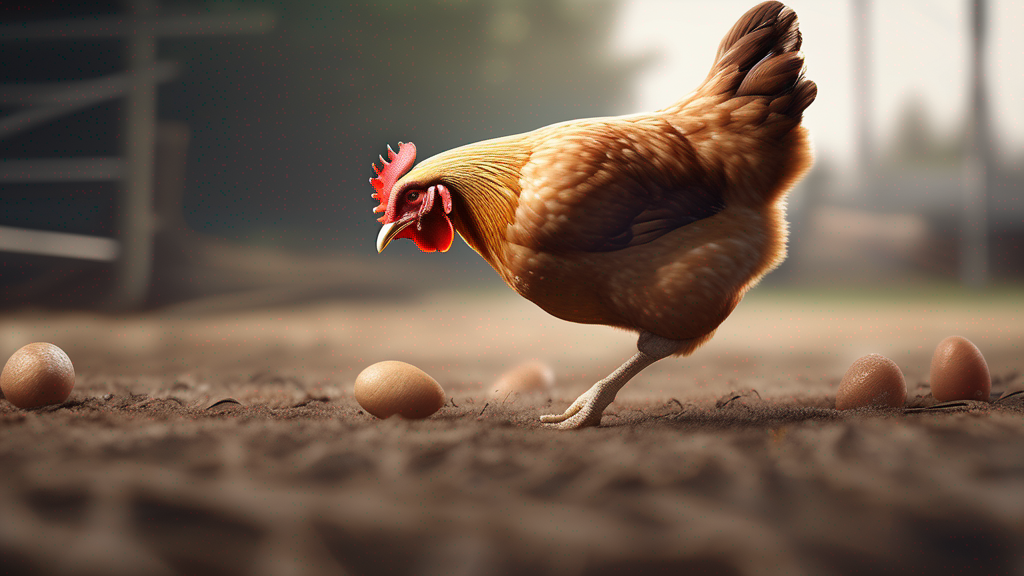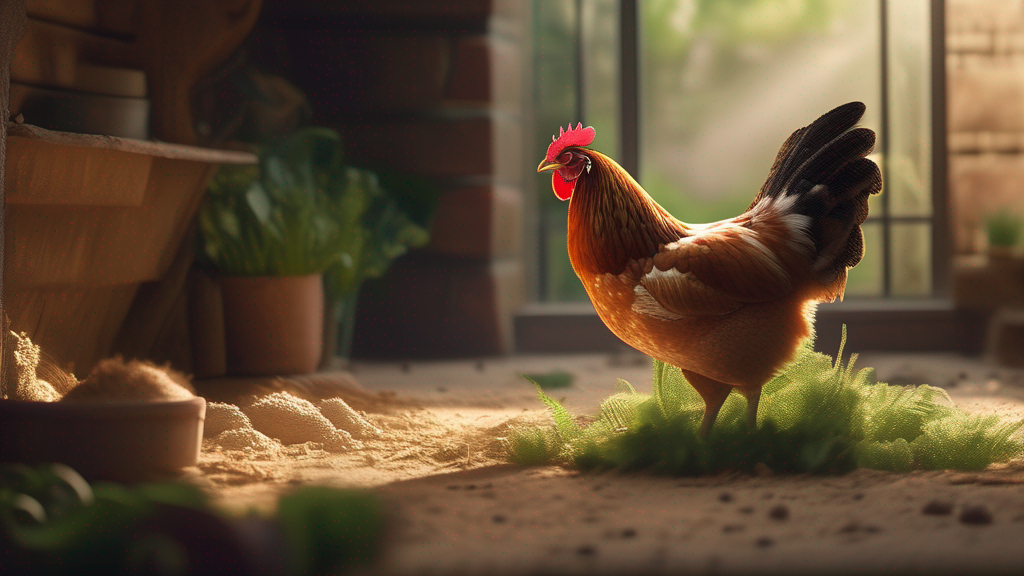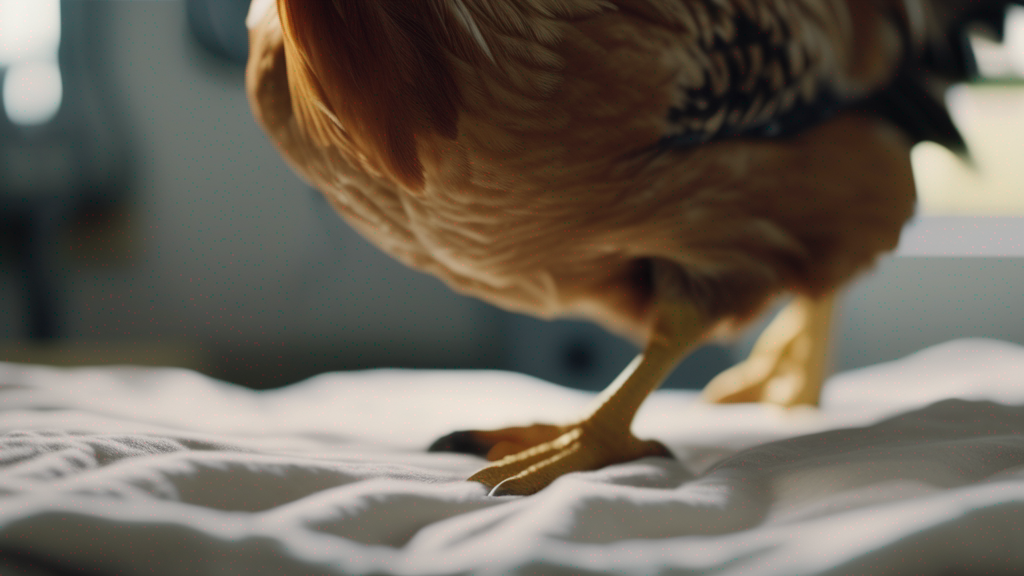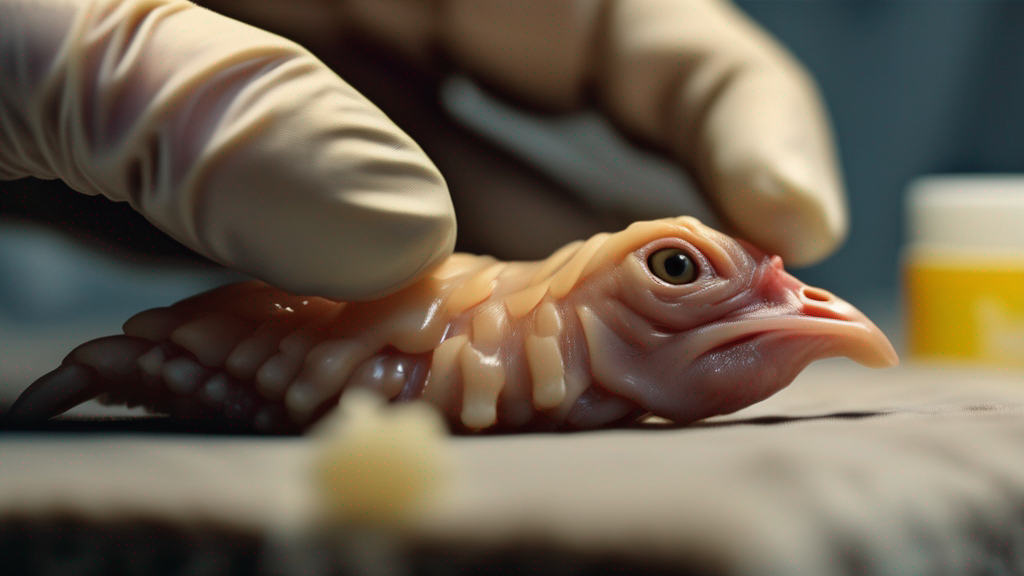One of the most heartbreaking experiences for chicken keepers is finding a seemingly healthy bird dead without warning. Sudden chicken death can be both confusing and distressing—especially when no obvious symptoms were present beforehand.
This comprehensive guide uncovers the most common causes of unexpected chicken deaths, the early signs to watch for, and how to protect your flock with preventive strategies. Whether you’re a backyard beginner or a seasoned homesteader, understanding the risks can help you save lives.
What Is Sudden Chicken Death?
Sudden chicken death refers to the unexpected passing of a chicken that previously showed little or no signs of illness. The causes can range from hidden diseases and environmental hazards to predation and genetic defects.
Unlike gradual decline due to aging or visible sickness, sudden deaths often happen overnight or within a few hours, catching keepers completely off guard.
Top Causes of Sudden Chicken Death
| Cause | Description | Common Signs (if any) |
|---|---|---|
| Heart Attack (Sudden Death Syndrome) | Linked to stress or underlying heart weakness, especially in fast-growing breeds | None, may occur during roosting or after running |
| Egg Binding | Egg gets stuck in the reproductive tract, leading to internal rupture | Lethargy, straining, penguin stance |
| Heat Stroke | Caused by extreme temperatures without shade or water | Panting, drooping wings, collapse |
| Predator Attack (Shock/Trauma) | Even a failed predator attack can result in cardiac arrest from stress | Feathers scattered, bite marks, blood near coop |
| Toxins or Poison | Chickens may ingest harmful plants, moldy feed, or chemicals | Sudden collapse, foaming, seizures |
| Internal Parasites | Severe worm loads may block vital organs or cause anemia | Weight loss, pale comb, lethargy (rarely obvious until death) |
| Marek’s Disease | A viral disease that can cause paralysis, tumors, or sudden death | May show limping or wing droop before sudden death |
Warning Signs Before a Sudden Death
While some deaths truly come without warning, subtle signs often go unnoticed. Keepers should watch for:
- Isolation: Hen separates from the flock
- Disinterest in food or water
- Fluffed feathers and drooping wings
- Limping or unsteady walking
- Labored breathing or open-mouth panting (without heat)
- Sudden drop in egg production
High-Risk Groups
Certain chickens are more vulnerable to sudden death than others:
- Broilers (like Cornish Cross): Rapid growth leads to heart issues
- Older hens: May have hidden organ failure or reproductive issues
- Overweight birds: Prone to heatstroke and fatty liver disease
- Recently stressed birds: After moving, new flocks, or predator scares
Preventing Sudden Chicken Death
While not all causes can be prevented, many steps can reduce the risk:
1. Provide Proper Nutrition
- Use age-appropriate commercial feed with correct calcium/protein levels
- Avoid overfeeding scratch or fatty treats
- Always offer clean, fresh water
2. Maintain Biosecurity
- Quarantine new birds for at least 2 weeks
- Clean coop weekly and sanitize feeders
- Use separate shoes/clothes when handling outside flocks
3. Parasite Control
- Regularly deworm with vet-recommended products
- Check for lice/mites under wings and vent area
- Use DE (diatomaceous earth) in dust baths
4. Avoid Environmental Hazards
- Ensure shaded areas and ventilation in summer
- Remove moldy feed or spilled grain
- Check for access to toxic plants or cleaning agents
5. Vet Health Checks
- Consult a poultry vet if you notice behavioral changes
- Necropsy can help identify causes after death to protect other flock members
Necropsy: Understanding Cause of Death
When a chicken dies suddenly, a necropsy (animal autopsy) can reveal the cause. This is especially important if multiple birds show symptoms or die unexpectedly.
- Most state agricultural labs offer poultry necropsies for a small fee
- Results help guide treatment or preventive action for the remaining flock
- Chill the bird (do not freeze) and deliver within 24 hours for accurate diagnosis
FAQs: Sudden Chicken Death
Why do chickens die suddenly at night?
Many sudden deaths occur during sleep when birds are most vulnerable. This could be due to cardiac arrest, predator shock, or heatstroke in poorly ventilated coops.
What should I do if one chicken dies suddenly?
Immediately check the rest of the flock for symptoms, clean the coop, and isolate any sick-looking birds. A necropsy can help determine if action is needed to protect others.
Can moldy food kill chickens?
Yes. Moldy grain or kitchen scraps can contain mycotoxins, which cause neurological damage, seizures, and sudden death.
Can a chicken die from stress alone?
Yes. Sudden stress from predator attacks, flock changes, or relocation can lead to fatal shock or cardiac failure, especially in high-strung or older birds.
Conclusion: Knowledge Saves Lives
Sudden chicken death can feel like a mystery, but with awareness and preventive care, many of these tragedies are avoidable. Focus on proper diet, biosecurity, environment, and early symptom recognition.
Remember: one bird’s death can be a warning sign for the rest of your flock. Stay observant, stay proactive, and keep your hens healthy and thriving.
For more tips on poultry health and disease prevention, visit our Chicken Health Center for up-to-date guides, charts, and vet-approved advice.
